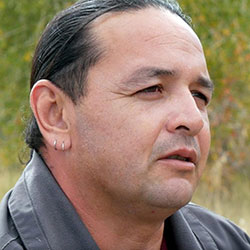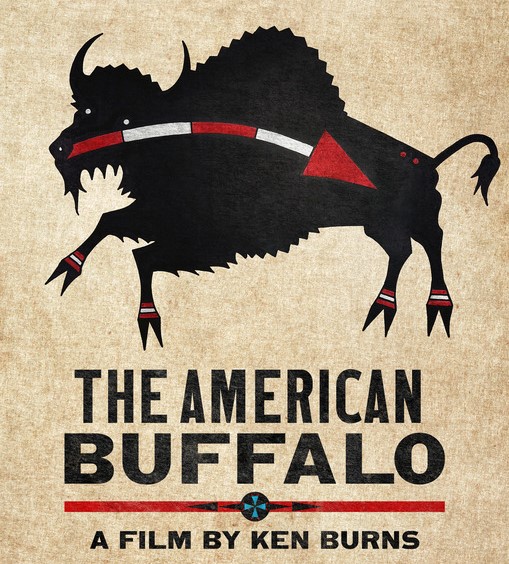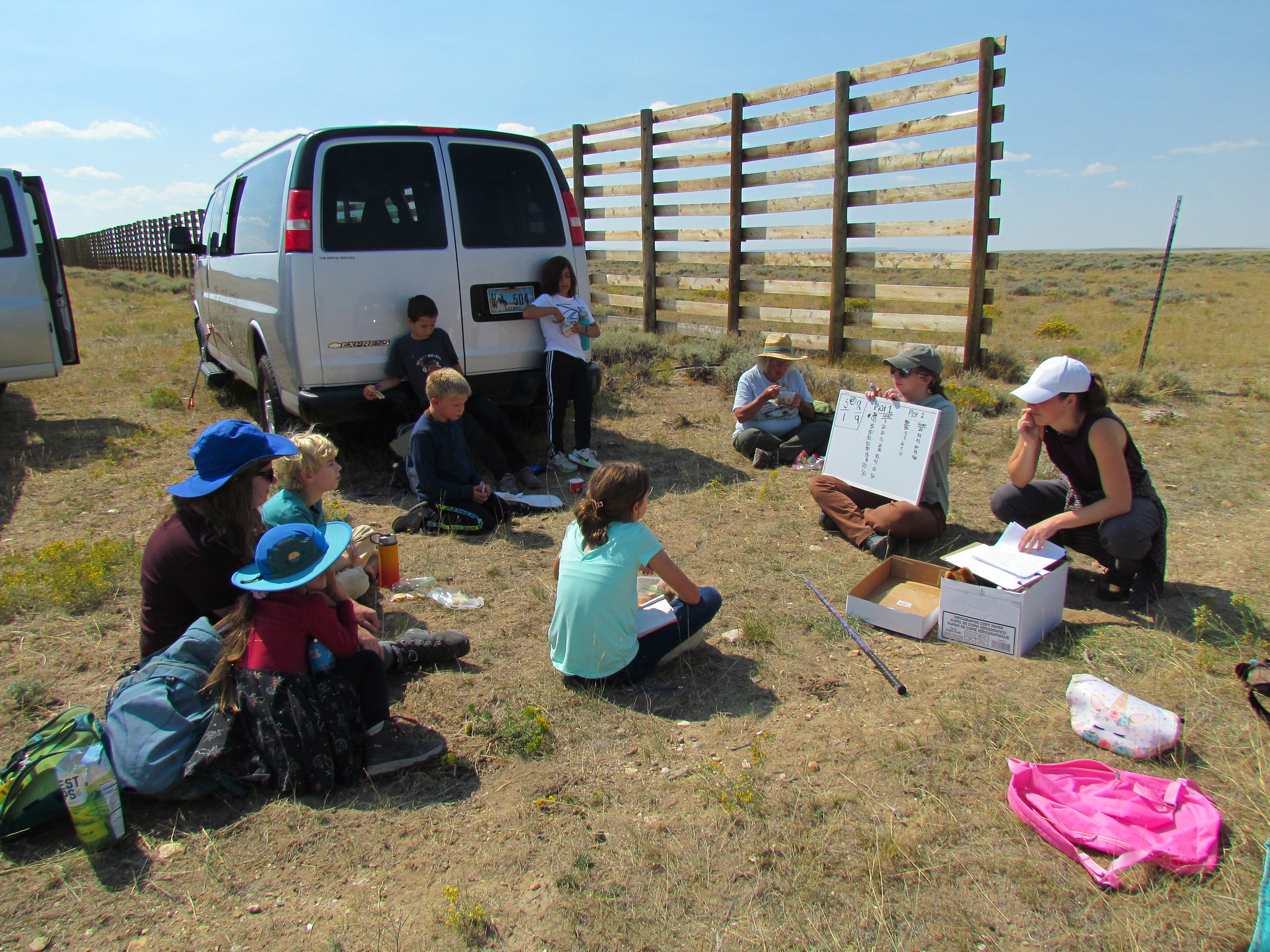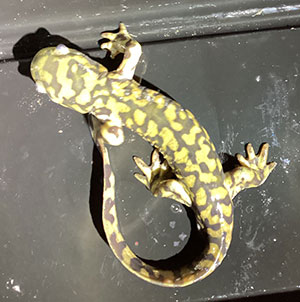No Slides Entered.
Buffalo Tales: A Biography of This Iconic Ungulate
Student educational displays, documentary film screenings, Indian tacos and a question-and-answer session with Jason Baldes will all be part of a Wyoming PBS event that will take place from 5:30-7:30 p.m. Thursday, Nov. 16, at the University of Wyoming Berry Biodiversity Conservation Center.
The event, titled “Buffalo Tales: A Biography of This Iconic Ungulate,” is sponsored by the Biodiversity Institute; the Native American Education, Research and Cultural Center; the UW student group Keepers of the Fire; and Wyoming PBS.
“‘Buffalo Tales: A Biography of This Iconic Ungulate’ is an event that highlights not just this amazing animal, but its relationship to Indigenous people in North America,” says Brent Ewers, director of UW’s Biodiversity Institute. “This relationship is foundational to the conservation of buffalo, and I hope people leave the event with an appreciation of why we need to work even more on conservation of buffalo under the leadership of Indigenous people.”
During the program, two graduate students will feature their UW-related bison research at educational tables. Tana Verzuh, a Ph.D. ecology student from Durango, Colo., in UW’s Program of Ecology and Evolution, will share some preliminary results from her research, as well as photos and equipment used to study bison restoration efforts in Banff National Park in Canada. Verzuh, who is expected to graduate in May 2024, received one of the Biodiversity Institute’s graduate research enhancement grants -- the Richard Baldes Native American Excellence Fund in Biodiversity Conservation -- in 2022. This funding supported her fieldwork in Banff National Park.
Janey Fugate, a third-year master’s student in both zoology and physiology, and environment and natural resources, from Atlanta, Ga., will be unable to attend the event but will send a poster of her research to display. Her research focuses on how Yellowstone bison, after being nearly extirpated from the landscape in the late 19th century, established the migration patterns and strategies they exhibit today.
Additionally, the UW Museum of Vertebrates will display a bison skull, as well as jawbone specimens from its collection that were used in a doctoral research project in the 1960s. The UW Archaeological Repository will provide a final educational table. Specimens, from two extinct bison species that used to live in North America and are direct ancestors to modern bison, will be displayed.
Before the film screenings, free Indian tacos will be provided in the lobby by Keepers of the Fire. The UW student group will use buffalo meat donated by the Wind River Tribal Buffalo Initiative.
Film screenings will start at 6 p.m. in the Berry Center auditorium and will run approximately an hour. Screenings will feature a clip from the new Ken Burns documentary, “The American Buffalo,” that recently premiered on PBS and “Homecoming,” a short documentary that focuses on Baldes and his work to bring buffalo back to tribal communities. After the film screenings, Baldes will host a 30-minute question-and-answer session.
Baldes, of Fort Washakie, received his undergraduate and graduate degrees in land resources and environmental sciences from Montana State University, where he focused on tribal bison restoration. He is the Tribal Buffalo Program manager for the National Wildlife Federation’s Tribal Partnerships Program.
He is on the board of directors for the InterTribal Buffalo Council; a board of trustees member for the Conservation Lands Foundation; and on the environmental commission of the Congress of Nations and States. Baldes also is executive director of the Wind River Tribal Buffalo Initiative, and he is an instructor at Central Wyoming College and Wind River Tribal College. He recently served as a consultant for “The American Buffalo” documentary.
For more information about the “Buffalo Tales” event, go to www.wyomingbiodiversity.org.
Share This Post



Social Media
Latest News



Archives
- All
- April 2025
- March 2025
- February 2025
- January 2025
- November 2024
- October 2024
- September 2024
- August 2024
- July 2024
- June 2024
- May 2024
- April 2024
- March 2024
- February 2024
- January 2024
- December 2023
- November 2023
- August 2023
- July 2023
- April 2023
- September 2022
- August 2022
- July 2022
- June 2022
- May 2022
- April 2022
- March 2022
- February 2022
- January 2022
- December 2021
- November 2021
- October 2021
- September 2021
- August 2021
- May 2021
- April 2021
- March 2021
- October 2020
- August 2020
- July 2020
- January 2020
- March 2019

